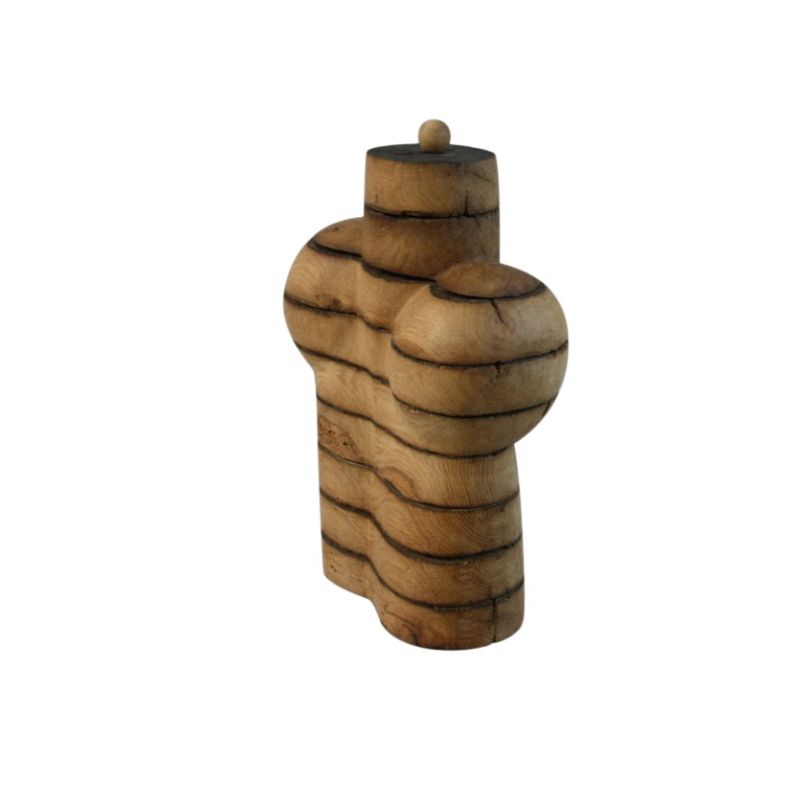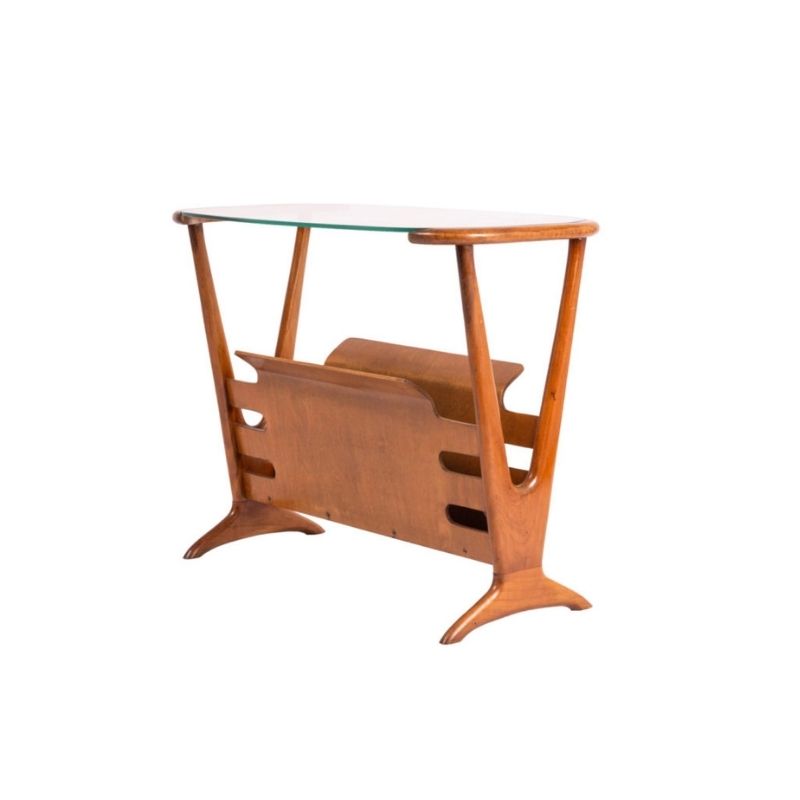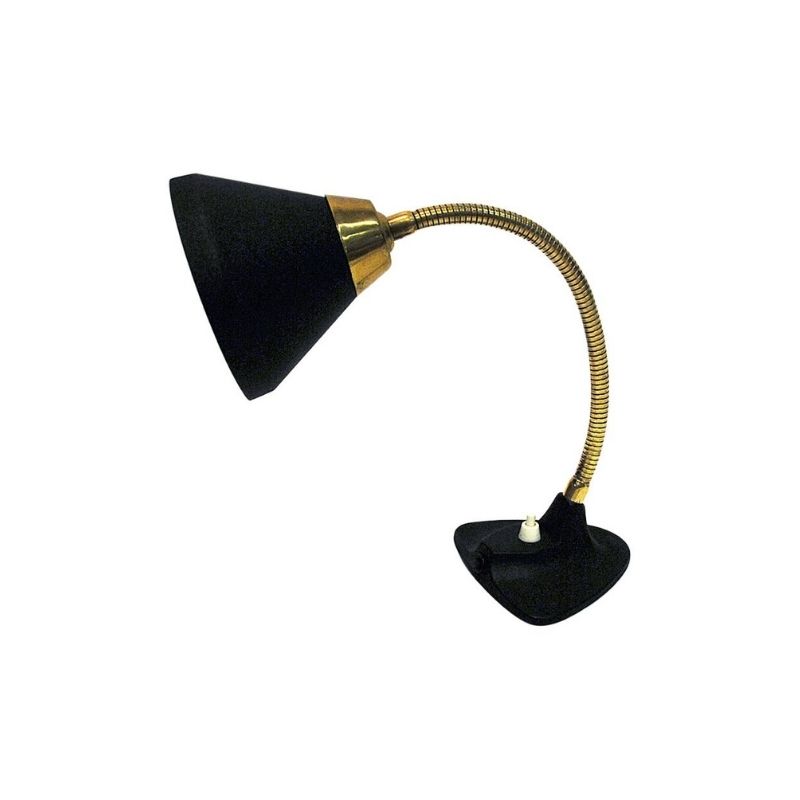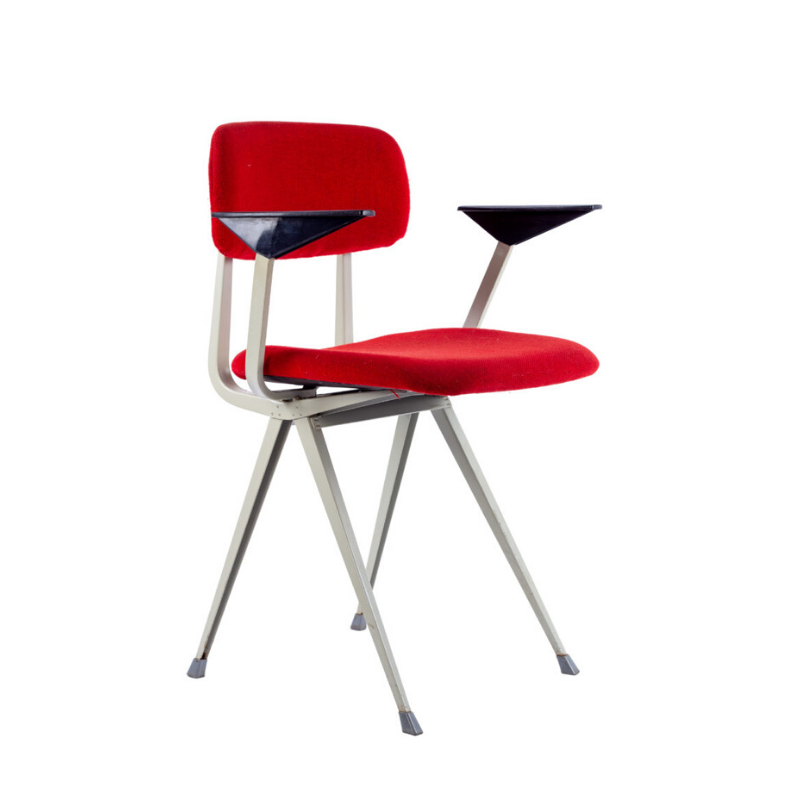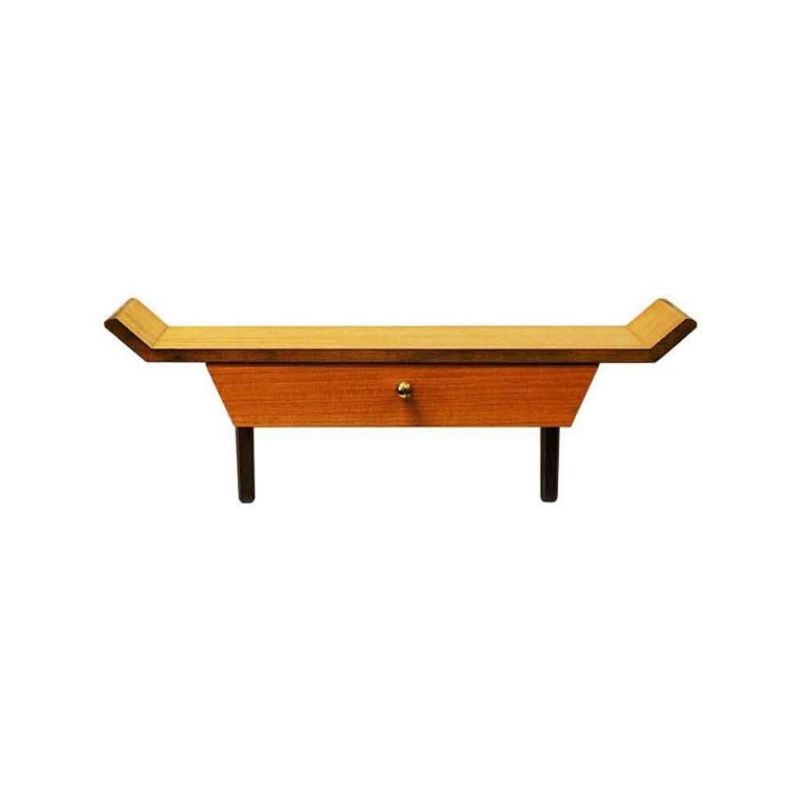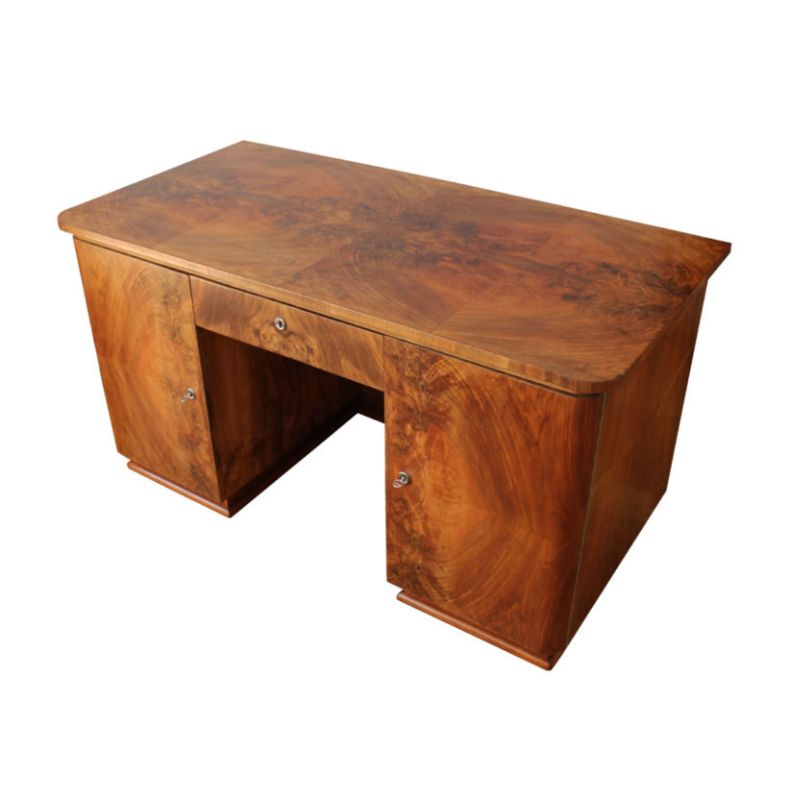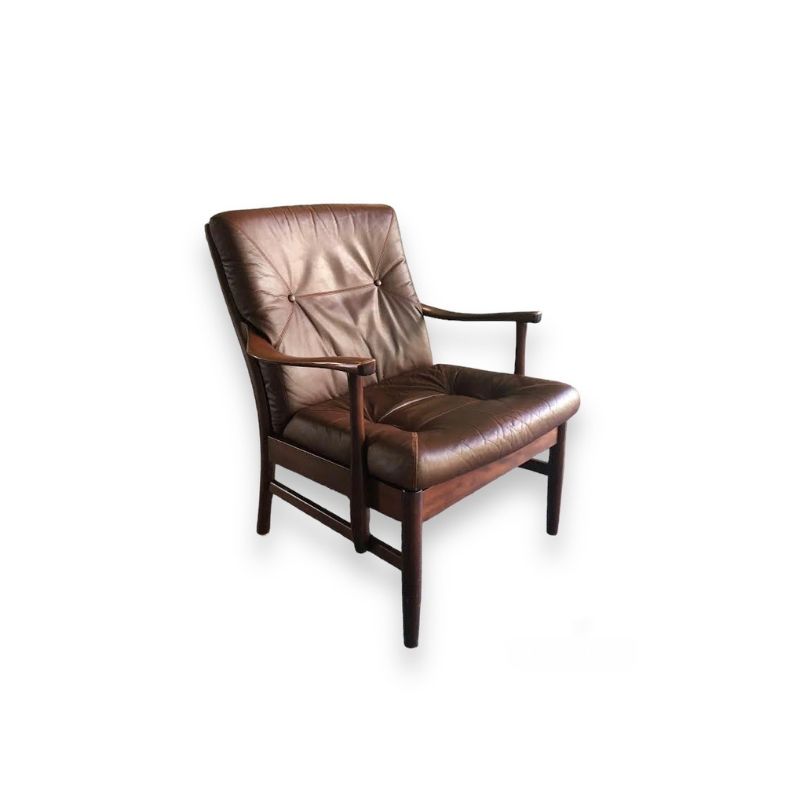Hi all, i've seen pics of Nelson pendants where a device has been used so you can adjust the vertical hanging height (maybe a kind of hook & a counterweight??)
Any ideas what the best way of doing this would be ? is something available "off the shelf" ?
As usual, many thanks in advance for your help.
I know EXACTLY what you mean
...but I don't know what the mechanism's called.
Wall mounted swing-arm lamps of the 1950's typically included such a device-- allowing the user to adjust the height just by tugging.
I've seen them on pendant lamps, as well. It's a ball-shaped mechanism that the electric cord passes through (hole on top, hole on bottom). There's a spindle inside that holds excess cord, allowing for height adjustment in one smooth movement.
I just Googled, but had no luck in identifying this thingamajig. (Will continue to look for this mechanism-- I'm annoyed that it eludes me!)
William-Holden - Caulfield,...
William-Holden - Caulfield, you are spot on ! .Thanks for explaining far better than me what i require. Its for a ceiling hung Bubble Lamp.
I'm sure i've seen pics of this mechanism but i'll be damned if i can recall where and when.
Any thoughts v much appreciated guys.
These photos are the best I can offer, so far--
This ain't a Nelson bubble lamp, but I include these pics to illustrate the mechanism-- the egg-shaped thing that sits on the cord between the canopy and the lamp. THAT's the mechanism. I've seen them in different shapes & finishes (large white-finished ones, for bubble lamps).
If I were you, I'd go to a decent lighting store, armed with these photos-- perhaps they could order one for you, and you could have a lamp repair guy rewire your lamp with it. (Unless, you're a do-it-yourselfer, like me...) Call it a "pull down mechanism".
That cord reel
was fitted to Lightolier pendant fixtures like the one shown, in the 'fifties.
A simpler solution, which would be appropriate particularly where there is no electrical connection available at the ceiling, or where the intended location isn't TOO far from a wall, would be to create a hook in the ceiling over the lamp, and another in the ceiling at the wall, and fit the lamp with a flexible smooth-coated electrical cord long enough to reach to the floor and then to the nearest wall outlet.. The hooks should be of a sort that won't abrade the cord; they don't necessarily have to be pulleys. Depending on the amount of friction created by this arrangement, a counterweight approximately matching the weight of the lamp is fastened to the cord at the wall, which continues to the wall outlet. The weight could be hardwood, metal, ceramic, etc -- obviously an object in a shape that won't damage the wall when sliding; the ceiling hook can be placed far enough from the wall to prevent damage, and/or a piece of wood or other material can be fastened to the wall as a protector. A smooth stone, drilled through the middle, would look nice as a counter-weight to a Nelson bubble; a piece of steel pipe is probably the cheapest and simplest solution. Black iron pipe with threaded caps is available at the hardware store.
On
second thought, and by way of refinement: it might be prudent to go with pulleys, rather than just hooks; the electrical cord would most likely develop a kink where it sat on the hooks, so that adjustment would be awkward.
Another more expensive solution would be a tube with down-turned ends, fastened to the ceiling.
.
Barry: Yes. My description is for the condition where the lamp needs to hang in the middle of a room.
Holden: The electrical cord of a fixture can be replaced, as for instance when it is too short, or it's worn, or of the wrong color. There is no change in wattage, etc, between a ceiling-hung and a plug-in fixture. In this case, a line switch can be placed on the cord at a convenient height on the wall segment of the cord, if it has been chosen with that need in mind.
If the lamp is presently wired into the ceiling, in the correct location, the existing canopy can be reattached to the ceiling box after the present wiring is removed, and a pulley hung from the canopy. A little rummaging at the hardware store will come up with the appropriate pieces.
All of this assumes that a wiring reel such as is shown above is not found. (Special flexible cord will be needed in that case, by the way.)
The pulley device is usually...
The pulley device is usually known as a 'rise and fall' - you see it a lot on Victorian and Edwardian gas lights. There's also a simpler type which uses a device hidden in the ceiling rose and sprung coiled flex (rather like old fashioned telephone flex)
If you need any help, please contact us at – info@designaddict.com



